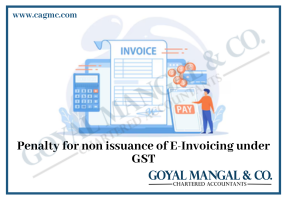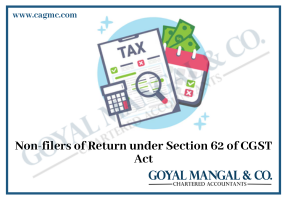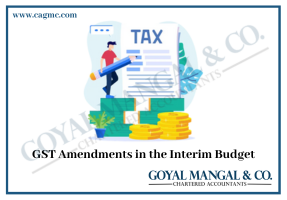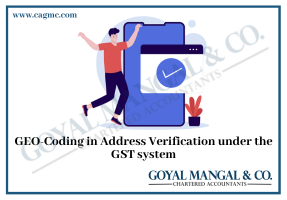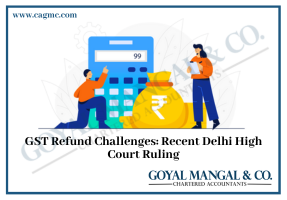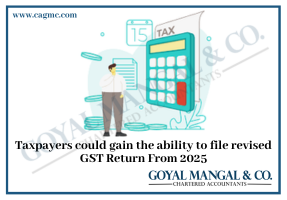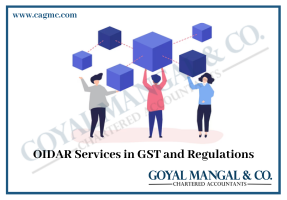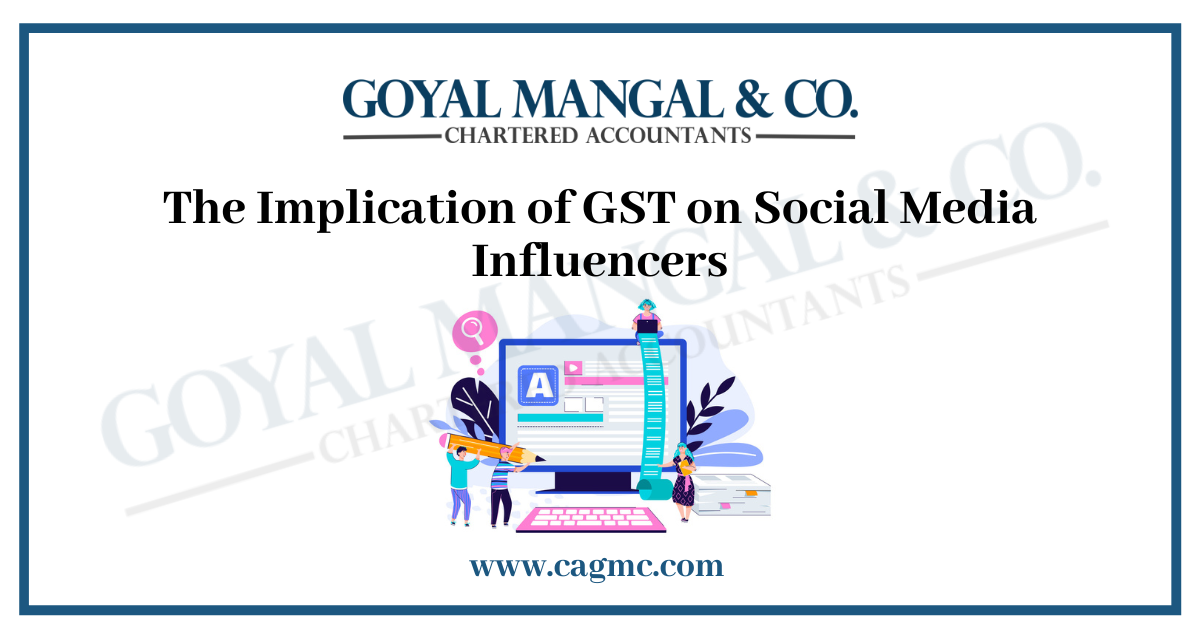
In the 21st Century, “Influencers” have almost the same recognition as TV personalities. Moreover, when we hear the word Influencer we correspond it with Instagram. We are engaged in social media every day. Further, most of us are eager to keep up to date with every post from our favourite influencers. Are you an Influencer? Moreover, due to this trend of a large following an Influencer gets they get quite a sum of money for promoting a brand. Due to their earnings, they have to pay tax on their income. However, why is it that they have to pay GST? In this article, we will discuss, “The Implication of GST on Social Media Influencers”
|
Table of Content |
Who is an Influencer?
In marketing terms, an Influencer can be said to be a person with the ability to influence potential buyers of a product or service by promoting or recommending the items on social media. In essence, the Influencers have sway over a niche audience.
The Main Source of Income
You as an Influencer can earn money in one of the following ways,
- Partner programs
- Blog post
- Online donations
- Sponsored social media post
- Advertising
- Becoming a brand ambassador or representative
- Affiliate marketing
- Co-creating project lines
- Promotion of your own products like videos, photographs, digital courses, podcasts, and web blogs.
Further, Influencers, other than companies and partnerships, are classed as self-employed individuals, or persons engaged in trade or business as a sole proprietorship for tax purposes.
The Reason for Levying GST
The most pertinent reason is that the influencers who earn just through social media are like proprietors running their own businesses. Whenever GST is levied, the most important factor is, if the content you post is a supply or not.
According to Section (7) of CGST ACT, 2017, supply includes all forms of supplies which are done for consideration in the course or furtherance of business. Therefore, the content that you post under any contract will be considered a supply. Further, as there is no physical interaction, the content will be deemed as a supply of service. Moreover, the service that you offer is considered Online Information and Database Access or Retrieval Services(OIDAR) under the GST law. It is defined under Section 2(17) of the IGST Act, 2017.
When would an Influencer need to Register under GST?
As the service that you provide is considered to be a supply under GST, you need the register under the act. Further, you need to register only when your aggregate turnover is more than,
- Rs. 20 Lakhs; or
- Rs. 10 Lakhs (in special category states)
Further, if the client is International, the service will be classified as export if it fits the definition of the act. Further, in the case of export services, the GST rate is 0%.
The amount that an Influencer has to Pay
If you are registered, then you have to issue invoices to your need to issue invoices to your client and regularly file your GST Returns. However, if your aggregate turnover is more than Rs. 5 Crores, the government gives you some leverage. Further, you have to file your GST Returns quarterly and not monthly.
The rate at which you need to pay ISGT is 18%, at 9% CGST and SGST respectively. However, if you are liable to register but fail to comply with the GST provisions, you would compulsorily be levied interest, late fees, penalty and other penal charges as per the situation.
In the case of export services, you have two options,
- Pay IGST and later claim it back directly to the account as a refund; or
- Export your services by sharing a Letter of Undertaking (LUT)
Most of the ads published on Google Inc and Google AdSense by an Influencer are considered Zero-rated as recipients are non-Indian residents.
Considerations
As an influencer, you are allowed to deduct your business expenses from your total earnings. However, you need to remember that these expenses are only tagged deductible if they are absolutely necessary or “ordinary and necessary” for your business as an influencer.
Some of the necessities are:
- Subscription and software licensing fee
- Net and communication expenses
- Home office expenses (eg. utility and rent)
- Office supplies and business expenses (eg. transportation and travel expenses)
Conclusion
You as an influencer are also considered to be an entrepreneur. You can earn a decent sum of money. Therefore, you also need to pay taxes to avoid punishments and penalties. Further, you can also claim government schemes. Moreover, you have to pay an 18% IGST for and contracted advertisement. However, if the advertisement is rated to be an Export Service then you will be charged 0% GST. Hence, as an Influencer, you need to comply with the regulations.
